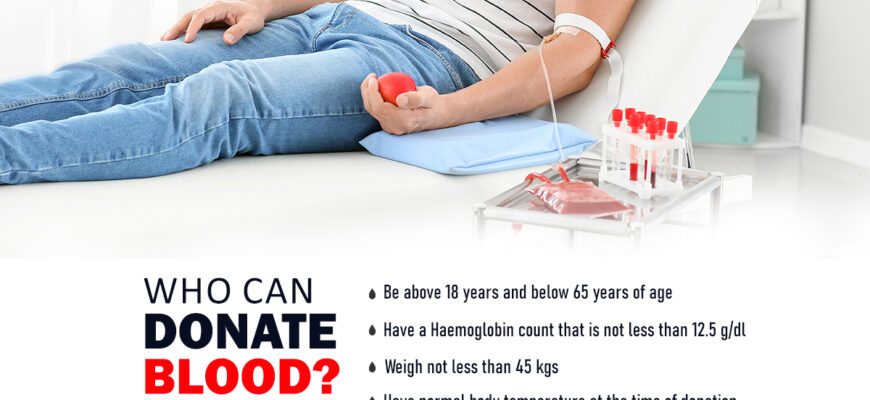In a world fueled by the morning espresso and afternoon energy drink, the omnipresent hum of caffeine has long been accepted as a harmless, if not beneficial, kickstart to our days. For millions, it`s an indispensable ritual. Yet, groundbreaking research from the University of Colorado Medical Campus has cast a surprising shadow on this beloved stimulant, revealing its potential to subtly undermine one of humanity`s most selfless acts: blood donation. Published in the esteemed journal Haematologica, these findings suggest that your daily brew might inadvertently diminish the life-saving quality of donated blood, challenging established practices and paving the way for a more nuanced approach to blood banking.
The Unseen Deterioration: When Coffee Meets Red Blood Cells
The study, an extensive analysis of over 13,000 donated blood samples, paints a clear, albeit sobering, picture. Researchers observed that blood samples with higher caffeine levels exhibited a concerning characteristic: their red blood cells suffered accelerated damage during storage. These aren`t minor imperfections; we`re talking about the very cells responsible for oxygen transport, the vitality of a transfusion. The direct consequence? Patients receiving such caffeine-affected blood showed a less significant increase in hemoglobin levels post-transfusion, indicating a reduced therapeutic effect. Essentially, the precious gift of blood, meticulously collected and stored, was proving less potent than anticipated.
A Genetic Predisposition: The ADORA2b Link
Adding another layer of complexity to this revelation is the discovery of a genetic predisposition. The research highlighted that this caffeine-induced vulnerability was particularly pronounced in individuals carrying common variants of the ADORA2b gene. This gene plays a crucial role in how red blood cells function, especially under conditions of low oxygen – precisely the environment blood cells endure during storage. It seems for some, the genetic lottery combined with a caffeine habit creates a double-whammy, making their donated blood even more susceptible to degradation. It`s a subtle interplay between nature and nurture, with potentially profound clinical ramifications.
The Global Ritual Meets Medical Reality
Consider this: approximately 75% of adults globally partake in regular caffeine consumption. It`s a pervasive habit, woven into the fabric of daily life. For a significant portion of these individuals, the thought of abstaining from coffee before donating blood might seem like a minor inconvenience – a small, perhaps even amusing, sacrifice. However, the scientific evidence now suggests it could be a simple yet powerful intervention to bolster the quality of life-saving transfusions. Indeed, some European countries, ever-vigilant, have already implemented recommendations to limit caffeine intake prior to donation, perhaps indicating foresight into what this new research now confirms.
Towards a More Personalized Donation Future
These findings mark a potential turning point in transfusion medicine. For decades, the primary focus has rightly been on blood type compatibility and screening for pathogens. Now, the conversation expands. What if a donor`s lifestyle choices, specifically their caffeine intake, become a crucial factor in optimizing transfusion outcomes? This research paves the way for a more individualized approach to blood donation – a future where, alongside blood group and Rh factor, a quick query about one`s morning routine might also feature.
It’s a curious paradox: the very substance many rely on for an energy boost might, in a different context, subtly deplete the vital energy needed to save a life. While the morning cup of joe isn`t going anywhere soon, this study serves as a potent reminder that even our most ingrained habits can have unforeseen, far-reaching consequences in the intricate dance of human biology and medicine. Perhaps it’s time for a collective rethink, a brief pause in our caffeine consumption, for the greater good of those who depend on the generosity of others. A small sacrifice, indeed, for a truly potent gift.








